Home / jammu-kashmir / PDP Legislator Waheed-ur-Rehman Parra Challenges A
PDP Legislator Waheed-ur-Rehman Parra Challenges A
By: My India Times
4 minutes read 42Updated At: 2024-11-07
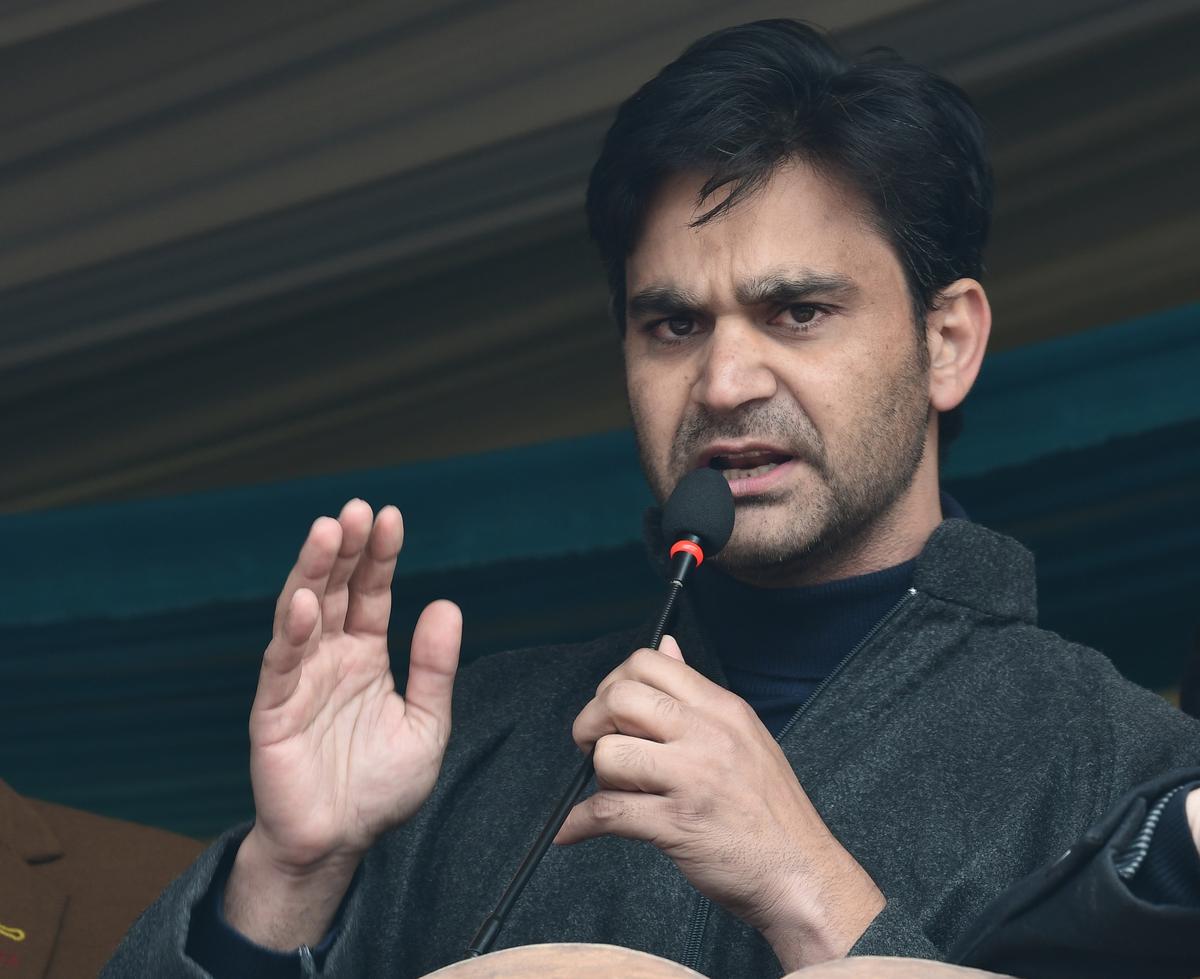
In a significant political move, Peoples Democratic Party (PDP) legislator Waheed-ur-Rehman Parra on Monday, November 4, 2024, introduced a resolution in the Jammu and Kashmir (J&K) Assembly calling for the restoration of the region’s special constitutional status. This move marks a pivotal moment in the first session of the J&K Assembly since the region was restructured as a Union Territory, following the controversial abrogation of Article 370 by the Centre in 2019.
A Bold Statement in a Defining Moment
Parra's resolution, introduced amid heightened political tensions and scrutiny, was a direct challenge to the controversial 2019 move that stripped J&K of its special status, leaving the region grappling with political, social, and economic consequences. The PDP legislator's statement carried profound emotional weight for the people of J&K, many of whom feel deeply connected to the region’s constitutional identity, which has been a cornerstone of their autonomy for decades.
In his address, Parra evoked historical and emotional sentiments, referencing the Constituent Assembly of 1951, a key moment in the political history of J&K, when the region’s future and autonomy were forged under the leadership of National Conference (NC) founder Sheikh Muhammad Abdullah. "The heart of Jammu and Kashmir’s identity lies in the autonomy it once enjoyed, and that foundation must be respected. Today, we face a moment of reckoning, where the voices of our people must be heard," Parra declared.
A Personal and Political Statement
For Parra, the resolution is not just a political move, but also a personal testament to his dedication to safeguarding the region's heritage and rights. His words echo the feelings of many Kashmiris who believe that the abrogation of Article 370 has caused irreversible damage to their identity and autonomy. As he presented the resolution, it was clear that Parra’s actions were fueled by a deep sense of responsibility to both his constituents and the future of Jammu and Kashmir.
“The history of this land cannot be erased in a single stroke. It is the right of every Kashmiri to preserve their identity, to live with dignity under the constitutional safeguards that once existed,†Parra said, his voice steady but filled with conviction.
A Historic Day for Jammu and Kashmir
This session of the J&K Assembly has been one of great significance, marking a new chapter in the region's political life. The election of veteran National Conference (NC) leader Abdul Rahim Rather as the speaker brought a sense of continuity and familiarity to the assembly, but it was Parra’s resolution that stole the spotlight, drawing both praise and criticism from political leaders across the region.
In the emotional context of Jammu and Kashmir’s long-standing struggle for autonomy and self-determination, the introduction of this resolution reverberated as a call for justice. It was a reminder of the deep-rooted connection the people of J&K have to their special status and a testament to the ongoing political struggle for the restoration of rights many feel were unjustly taken away.
Political Reactions and Broader Implications
As expected, the resolution has sparked intense reactions across the political spectrum. Supporters of Parra’s move argue that the abrogation of Article 370 not only hurt the region’s identity but also violated the trust of its people, while opponents maintain that it was necessary for the integration of J&K into the rest of India. The political divide is palpable, with emotions running high on both sides, but the resolution has reignited a passionate debate about the future of the region.
A Symbol of Resistance and Hope
For many, Parra’s resolution symbolizes a continuing struggle for justice and recognition. In a region often caught between political upheaval and military presence, moments like these offer a rare chance for voices of resistance to rise above the noise, asserting the enduring desire for autonomy and respect for J&K’s unique cultural and political legacy.
“As we stand here today, we do not just stand as legislators, but as the voice of the people who have longed for a future where their rights are upheld,†Parra said, leaving the assembly chamber as his words echoed throughout the region.
Looking Ahead
The resolution now faces an uncertain future in the assembly, but one thing remains clear: the people of Jammu and Kashmir are far from silent. With political leaders like Waheed-ur-Rehman Parra at the forefront, the struggle to restore the special status of the region continues to resonate across the hearts and minds of its people, reminding the world that the aspirations of Jammu and Kashmir’s citizens cannot be dismissed.
....In a significant political move, Peoples Democratic Party (PDP) legislator Waheed-ur-Rehman Parra on Monday, November 4, 2024, introduced a resolution in the Jammu and Kashmir (J&K) Assembly calling for the restoration of the region’s special constitutional status. This move marks a pivotal moment in the first session of the J&K Assembly since the region was restructured as a Union Territory, following the controversial abrogation of Article 370 by the Centre in 2019.
A Bold Statement in a Defining Moment
Parra's resolution, introduced amid heightened political tensions and scrutiny, was a direct challenge to the controversial 2019 move that stripped J&K of its special status, leaving the region grappling with political, social, and economic consequences. The PDP legislator's statement carried profound emotional weight for the people of J&K, many of whom feel deeply connected to the region’s constitutional identity, which has been a cornerstone of their autonomy for decades.
In his address, Parra evoked historical and emotional sentiments, referencing the Constituent Assembly of 1951, a key moment in the political history of J&K, when the region’s future and autonomy were forged under the leadership of National Conference (NC) founder Sheikh Muhammad Abdullah. "The heart of Jammu and Kashmir’s identity lies in the autonomy it once enjoyed, and that foundation must be respected. Today, we face a moment of reckoning, where the voices of our people must be heard," Parra declared.
A Personal and Political Statement
For Parra, the resolution is not just a political move, but also a personal testament to his dedication to safeguarding the region's heritage and rights. His words echo the feelings of many Kashmiris who believe that the abrogation of Article 370 has caused irreversible damage to their identity and autonomy. As he presented the resolution, it was clear that Parra’s actions were fueled by a deep sense of responsibility to both his constituents and the future of Jammu and Kashmir.
“The history of this land cannot be erased in a single stroke. It is the right of every Kashmiri to preserve their identity, to live with dignity under the constitutional safeguards that once existed,†Parra said, his voice steady but filled with conviction.
A Historic Day for Jammu and Kashmir
This session of the J&K Assembly has been one of great significance, marking a new chapter in the region's political life. The election of veteran National Conference (NC) leader Abdul Rahim Rather as the speaker brought a sense of continuity and familiarity to the assembly, but it was Parra’s resolution that stole the spotlight, drawing both praise and criticism from political leaders across the region.
In the emotional context of Jammu and Kashmir’s long-standing struggle for autonomy and self-determination, the introduction of this resolution reverberated as a call for justice. It was a reminder of the deep-rooted connection the people of J&K have to their special status and a testament to the ongoing political struggle for the restoration of rights many feel were unjustly taken away.
Political Reactions and Broader Implications
As expected, the resolution has sparked intense reactions across the political spectrum. Supporters of Parra’s move argue that the abrogation of Article 370 not only hurt the region’s identity but also violated the trust of its people, while opponents maintain that it was necessary for the integration of J&K into the rest of India. The political divide is palpable, with emotions running high on both sides, but the resolution has reignited a passionate debate about the future of the region.
A Symbol of Resistance and Hope
For many, Parra’s resolution symbolizes a continuing struggle for justice and recognition. In a region often caught between political upheaval and military presence, moments like these offer a rare chance for voices of resistance to rise above the noise, asserting the enduring desire for autonomy and respect for J&K’s unique cultural and political legacy.
“As we stand here today, we do not just stand as legislators, but as the voice of the people who have longed for a future where their rights are upheld,†Parra said, leaving the assembly chamber as his words echoed throughout the region.
Looking Ahead
The resolution now faces an uncertain future in the assembly, but one thing remains clear: the people of Jammu and Kashmir are far from silent. With political leaders like Waheed-ur-Rehman Parra at the forefront, the struggle to restore the special status of the region continues to resonate across the hearts and minds of its people, reminding the world that the aspirations of Jammu and Kashmir’s citizens cannot be dismissed.
By: My India Times
Updated At: 2024-11-07
Tags: jammu-kashmir News | My India Times News | Trending News | Travel News
Join our WhatsApp Channel



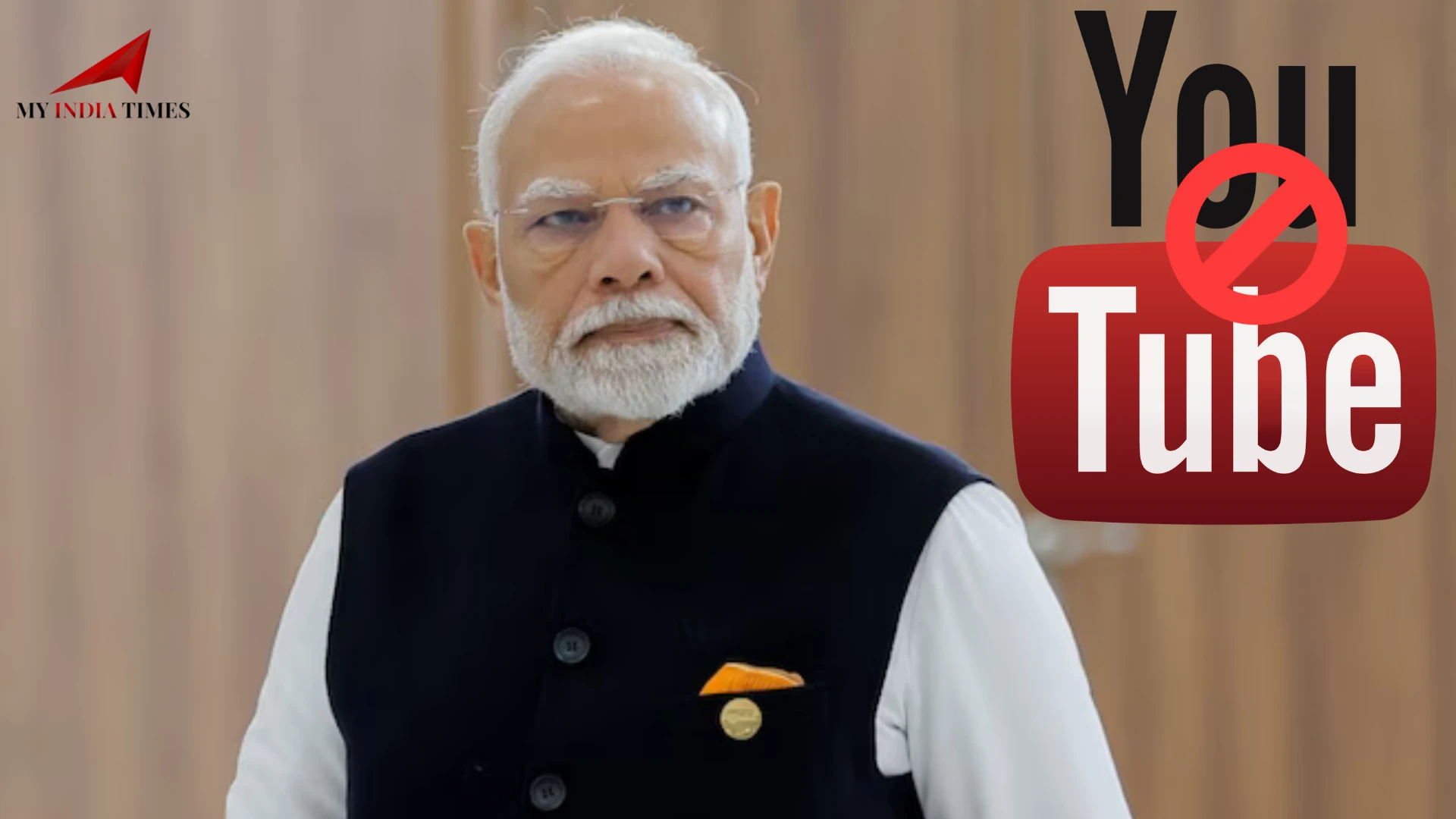
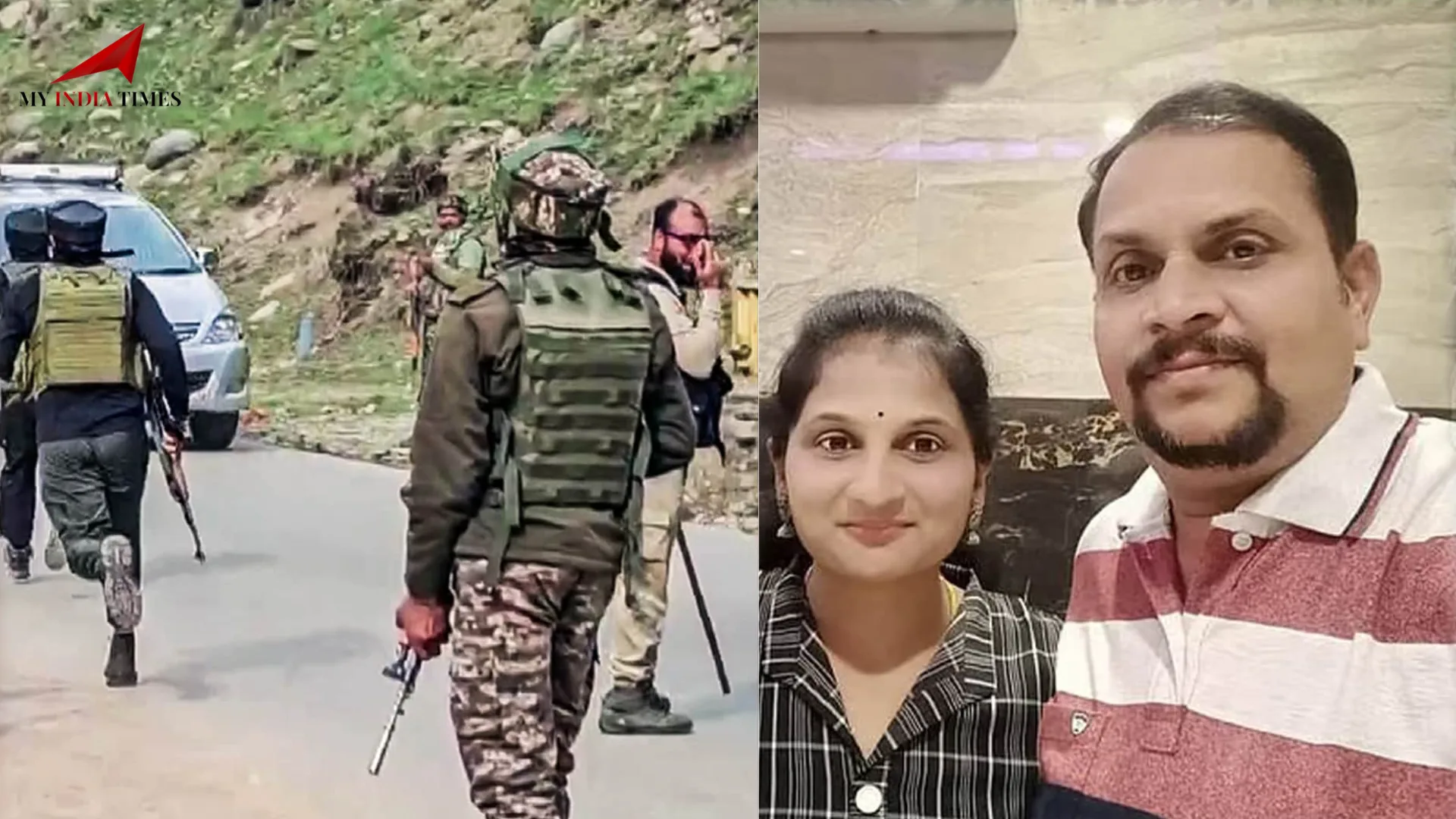
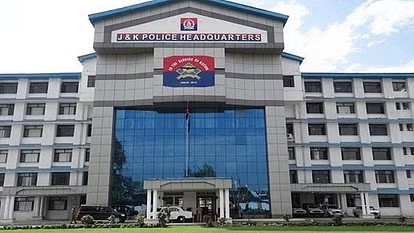
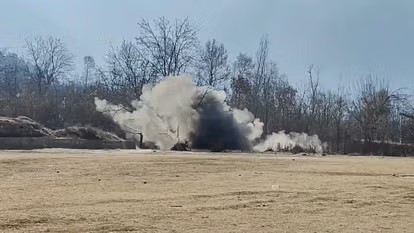
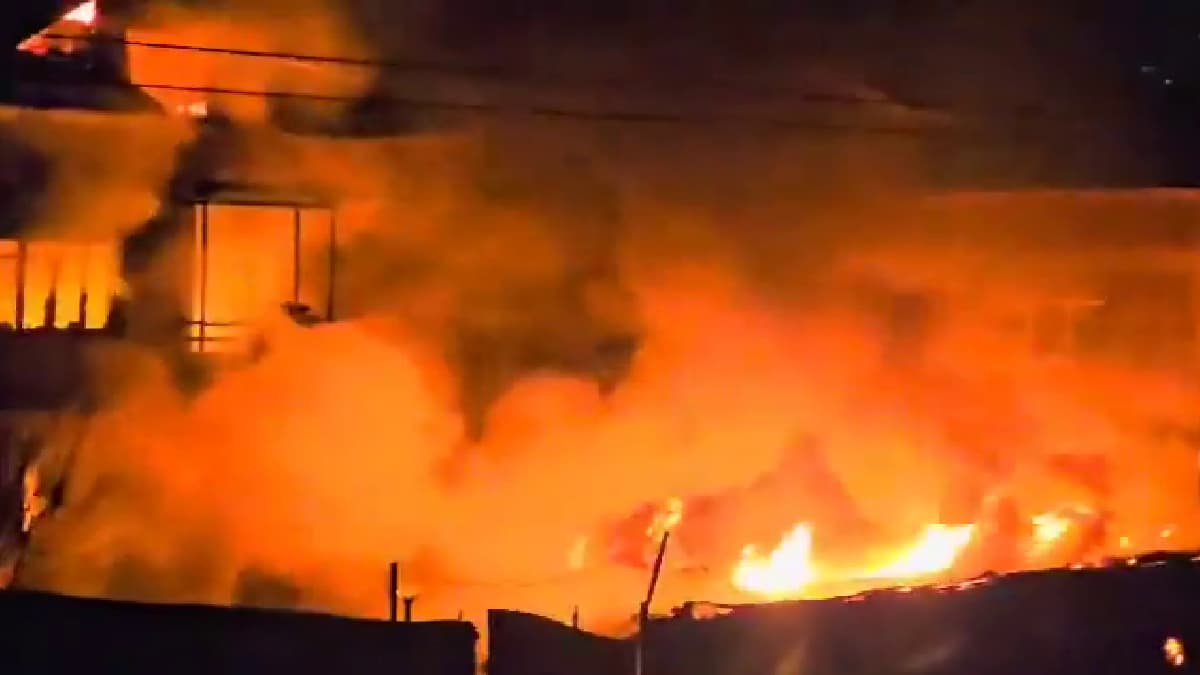

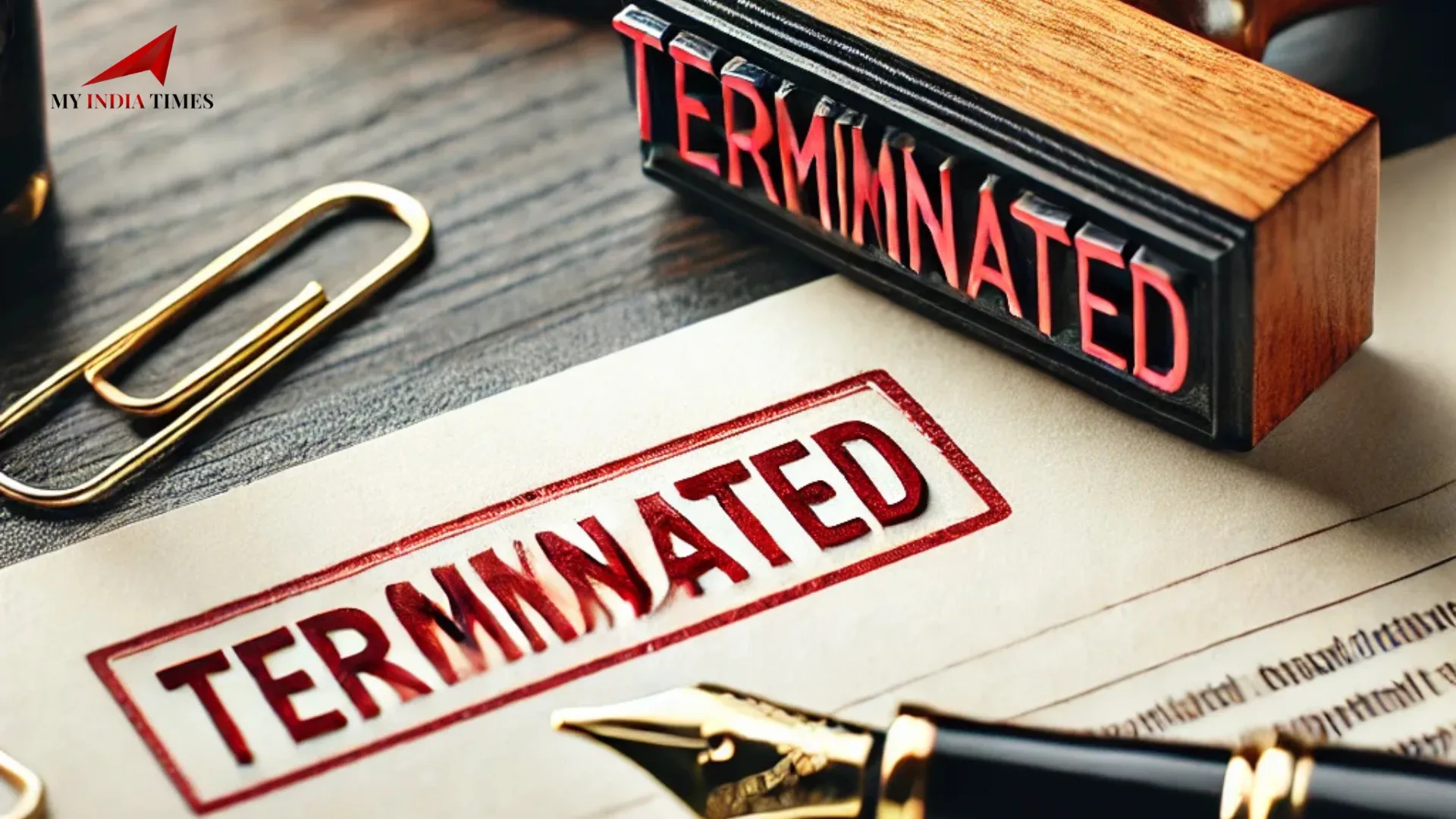
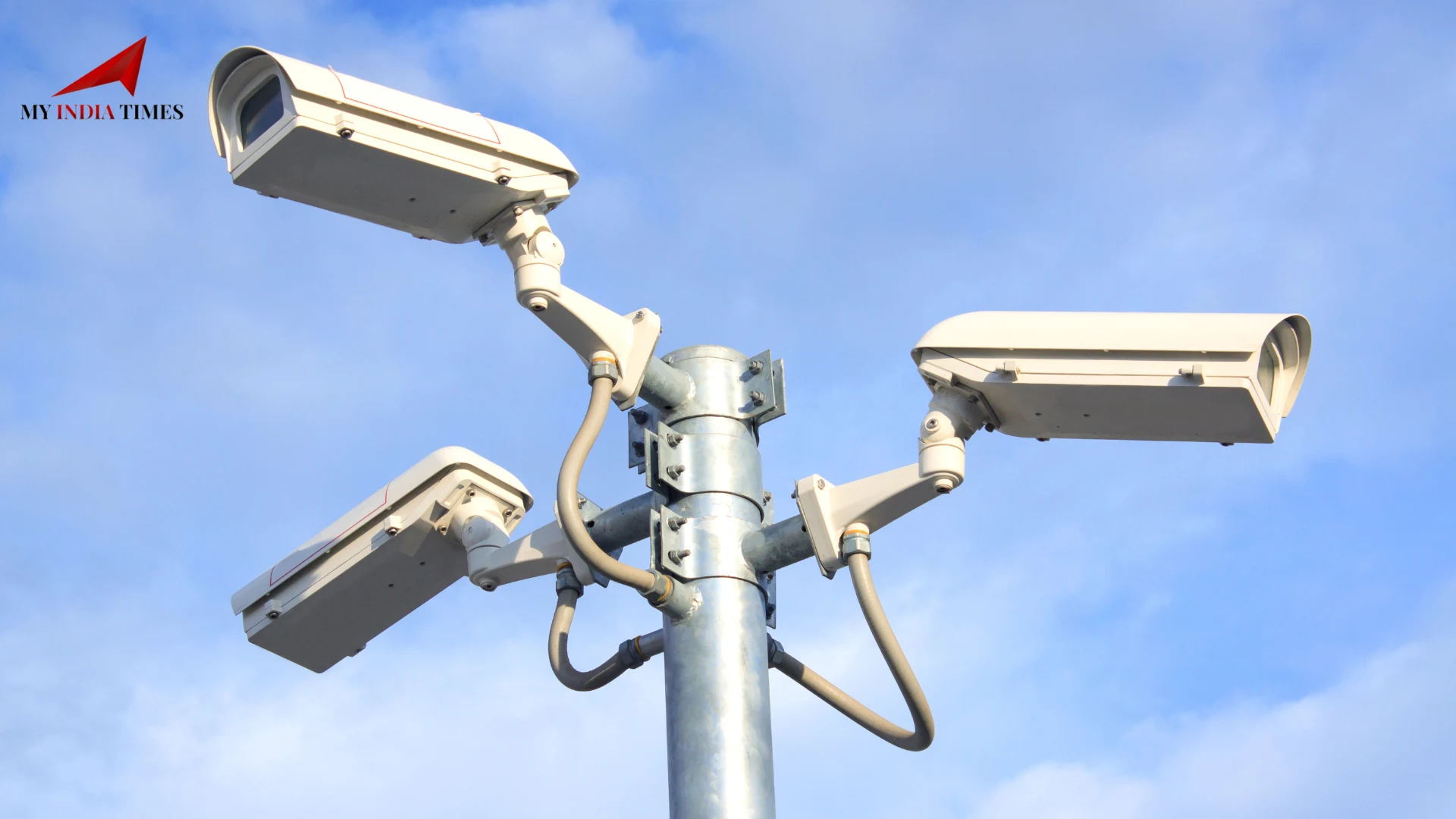


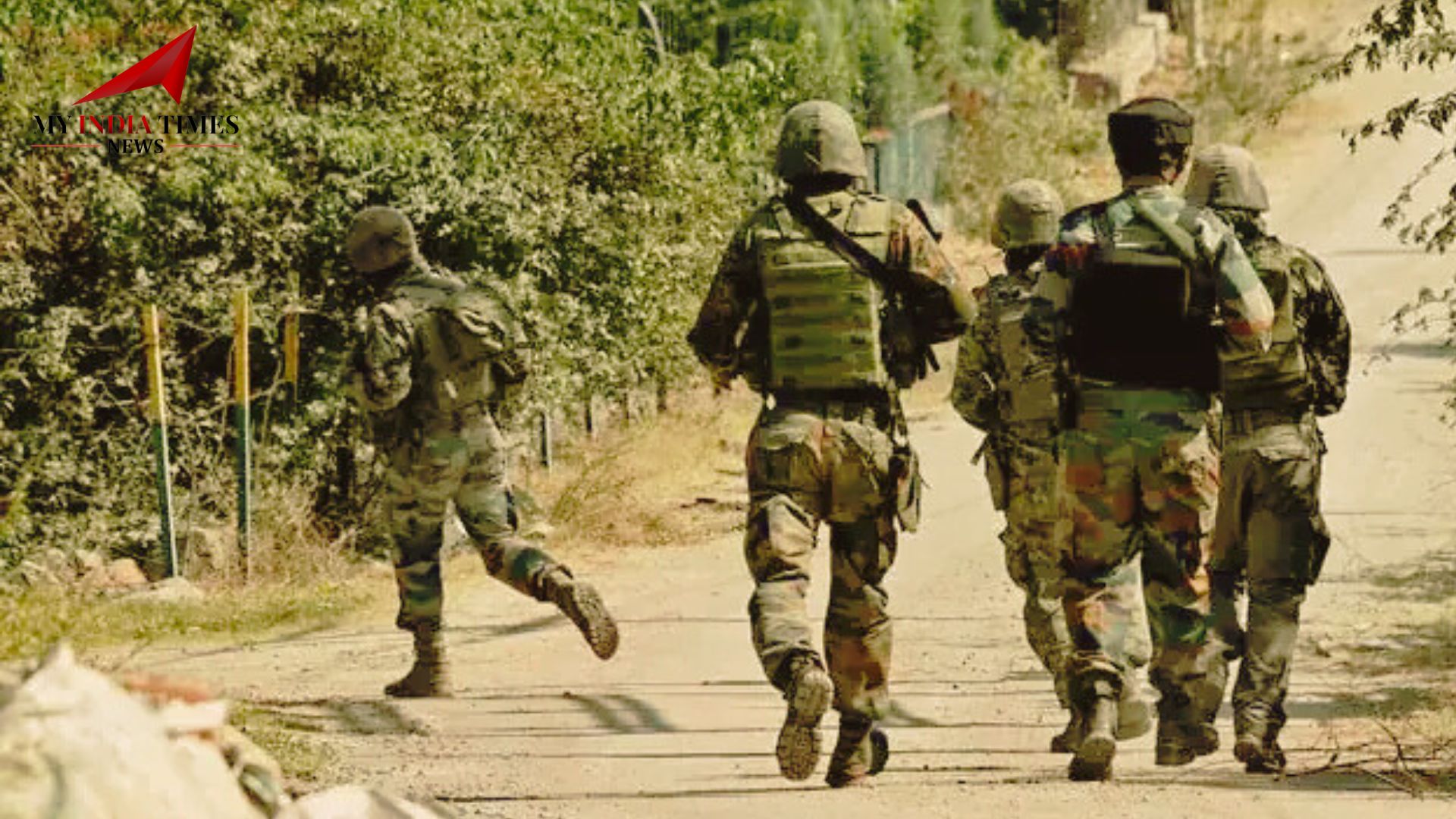
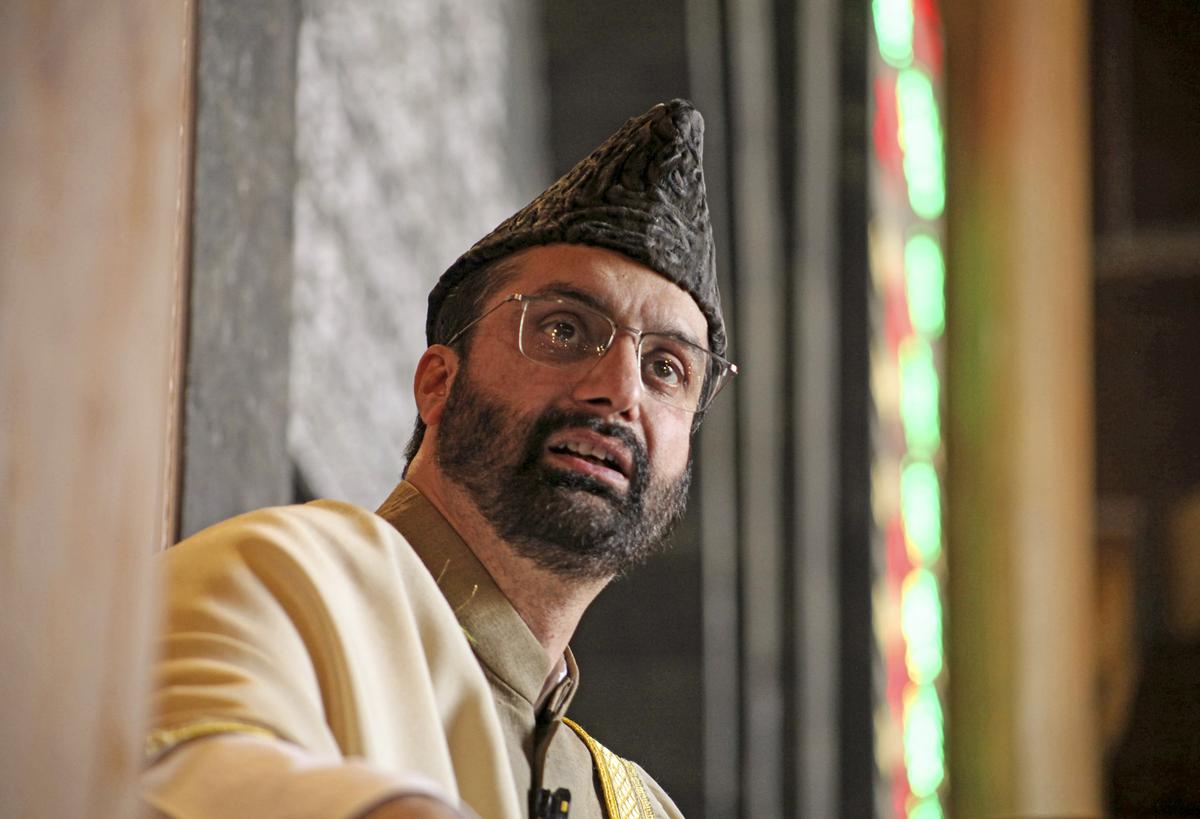
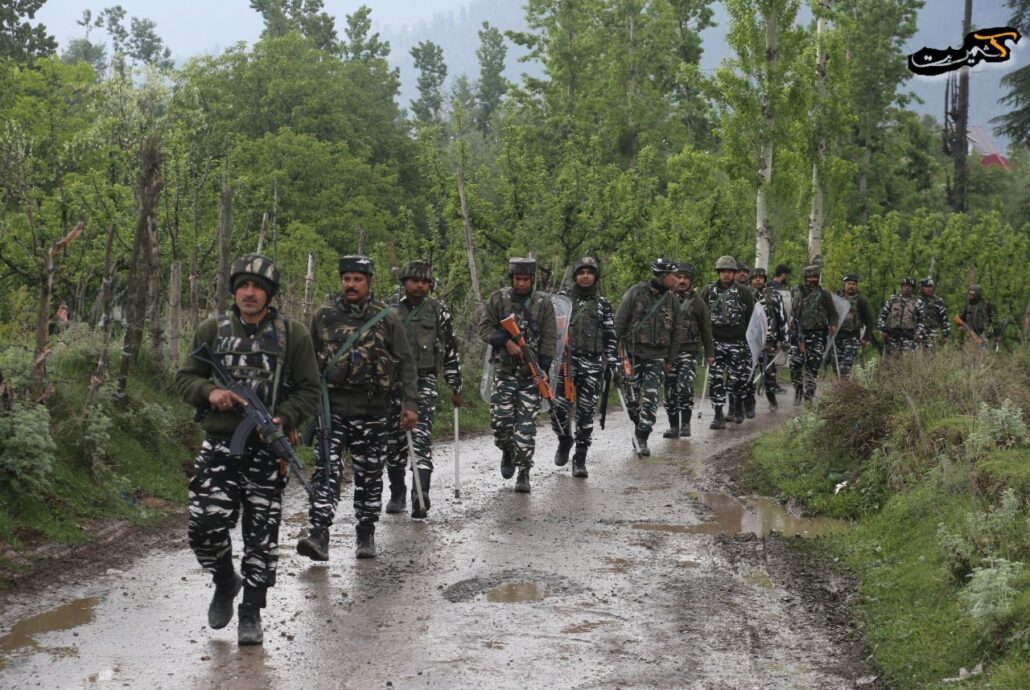
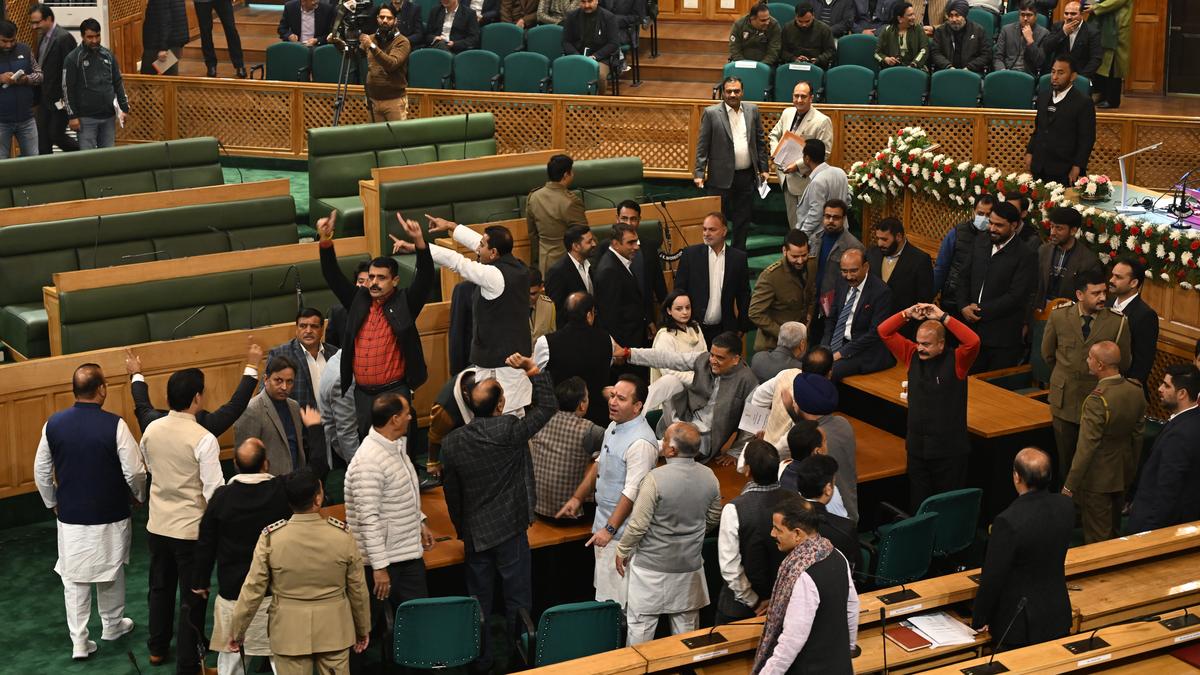

























































































.png)
 (1).png)























